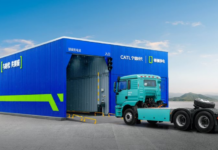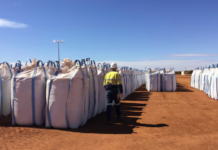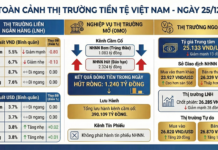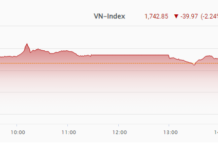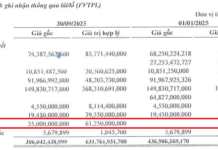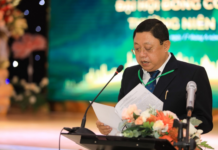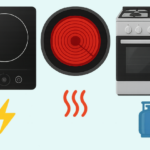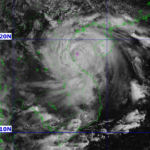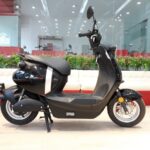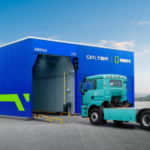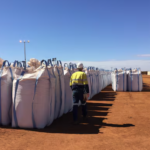Water heaters are a familiar appliance in many Vietnamese households. However, a common question arises: should you keep the water heater on 24/7, or turn it on only when needed to ensure safety and energy efficiency?

1. How Water Heaters Work
Indirect water heaters typically have a capacity of 15-30 liters and operate by heating water to a set temperature (around 60-70°C). When the water cools down, a relay automatically activates to heat it again. Thanks to the insulation layer, the water can stay warm for a few hours but will eventually lose heat.
Common power ratings: 1,500-2,500W.
Initial heating time: 15-30 minutes (depending on capacity).
Average energy consumption: 1-1.5 kWh per full heating cycle.
2. Keeping the Water Heater on 24/7: Convenient but Potentially Wasteful
The biggest advantage of keeping the water heater on continuously is always having hot water ready for use. This is ideal for large families with constant demands for bathing and washing throughout the day.
However, there are some drawbacks:
Energy wastage: Despite good insulation, water will eventually cool down, causing the heater to activate multiple times a day, even when not in use.
Reduced appliance lifespan: Continuous heating and maintenance can lead to early failure of the heating element and scale buildup.
Safety concerns: Although rare, keeping the heater on constantly may increase the risk of electrical faults or relay failures.
3. Turning the Heater On Only When Needed: More Efficient but Inconvenient
Many experts recommend turning on the heater about 15-30 minutes before use and then turning it off. This method:
Significantly reduces energy consumption as the heater operates only when necessary.
Prolongs the lifespan of the heating element and the tank.
Is safer when the house is empty or at night.
The downside is having to wait for hot water, which can be inconvenient for urgent needs.
4. Which Option Should You Choose?
The choice depends on your family’s habits and needs:
For small families with fixed bathing times: Turn on the heater before use and then turn it off. This is the most energy-efficient method.
For large families with continuous usage: You can keep the heater on during peak hours (morning and evening). Avoid keeping it on all day when no one is home.
For busy individuals who don’t want to wait: Consider using a water heater with energy-saving features (ECO, timer, good insulation) to minimize wastage while maintaining convenience.
5. Tips for Energy Efficiency When Using a Water Heater
Choose the right capacity: A 15-liter heater is sufficient for 2-3 people, while a 20-30 liter one is suitable for 4-5 people. Larger tanks will consume more energy.
Set the temperature wisely: 50-60°C is usually enough, saving energy and reducing scale buildup.
Maintain your heater regularly: Clean and replace the anti-scale rod every 1-2 years to improve efficiency and longevity.
Turn off the heater when away for extended periods: This prevents wastage and electrical hazards.
There is no one-size-fits-all answer to the question of keeping the water heater on continuously or turning it on as needed. However, in most cases, turning it on only when needed is generally more energy-efficient and safer. Families with frequent usage can consider using heaters with Eco or timer functions to balance convenience and energy costs.
The Ultimate Guide to Energy Efficiency: Vacuums vs. Robot Vacuums for a Sparkling Clean Home.
In a world where energy costs are a growing concern, the innovative combination of robots and vacuum cleaners offers a compelling solution. This dynamic duo promises to revolutionize the way we clean our homes, delivering optimized energy expenditure and unparalleled cleaning efficiency. With their advanced technology and meticulous design, they ensure a spotless environment without breaking the bank.
What’s the Most Energy-Efficient Cooktop? Unveiling the Truth About Induction, Infrared, and Gas Stoves.
The choice of stove should be based on your lifestyle habits, budget, and priorities between energy efficiency and convenience.
Activating the Whole Sector: Prioritizing Dam Safety and Essential Supplies for Typhoon Response
Amid the extremely perilous situation posed by Typhoon No. 5, with its intense strength and wide-reaching impact, the Ministry of Industry and Trade sprang into action. On August 23 and 24, 2025, the Ministry issued two urgent dispatches, calling for swift and decisive action from the entire industry to tackle the impending disaster with the utmost urgency and proactivity.

